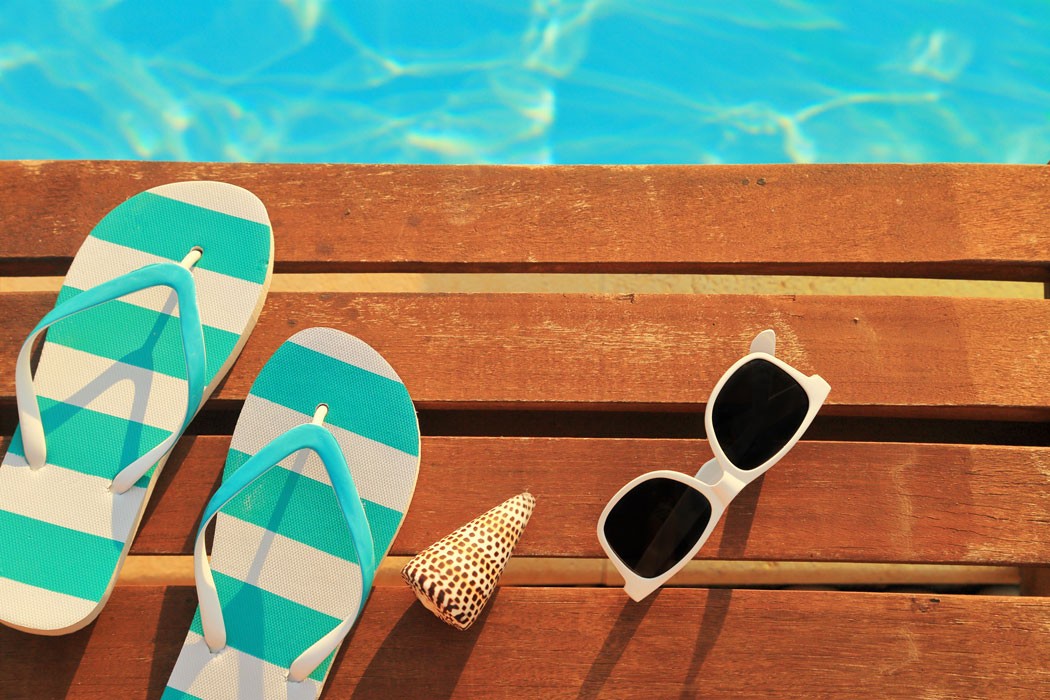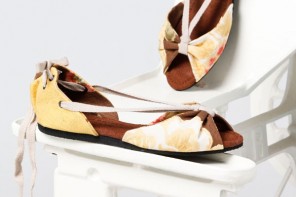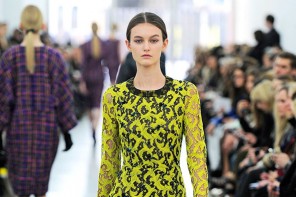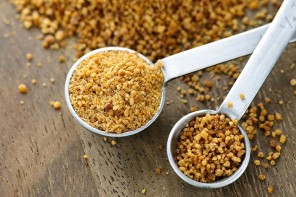You slip them on and enjoy their practical and beautiful simplicity when you’re running around town or heading to the beach. Flip-flops are a wardrobe staple and let’s be honest: they go with so many clothing choices in the summer. But are they good for your health? Here are some things you need to know about flip-flops and how to wear them safely.
They Attract Bacteria
You might not think much of your feet being in contact with the ground, sand and dirt, but just think: all that unseen bacteria is going straight into your skin and can cause infections really easily. Of course, if you have any scrapes or cuts, this makes it even easier for bacteria to sneak in, so it’s especially crucial to ditch the flip-flops on those days. At any sign of itchiness, scraps or discomfort from your pretty flip-flops, stop wearing them.
They Make You Accident-Prone
It’s much easier to be clumsy when you’re in flip-flops because your feet don’t have as much support as when they’re in other shoes. So, if you’re going to be in a place where you need to walk a little faster or over rocky terrain, don’t wear your favourite pair of flip-flops as they can make it easier for you to fall.
Driving somewhere? Definitely don’t wear them. Studies have found that flip-flops make you more prone to dangerous driving. The stats are scary: one in nine women surveyed who drove while wearing flip-flops admitted that their flip-flop got caught underneath a pedal. Added to this, an insurance company called Sheila’s Wheels found that flip-flops reduce a person’s brake time by approximately .13 seconds. You might not think that’s a lot but imagine how every millisecond counts when you need to brake fast.
They’re Pretty But Possibly Painful
Flip-flops can lead to pain, not just in your feet but elsewhere on your body because they are completely flat, offering no support to your feet. This can lead to flashes of pain and discomfort in your heels, as well as causing pinched nerves in your back. It also messes with your posture and how you walk. Because you tighten your toes when walking in flip-flops because your feet don’t get supported, this can lead to knee, back and even hip pain.
If you simply must wear flip-flops, minimise the time you’re in them and check that they offer comfort as well as support. You want the sole to be rough underneath so that it will grip the ground better, while the straps should be thicker to support your feet.
They Could Be Toxic
If your flip-flops aren’t organic, they’re probably filled with toxic materials, such as BPA that is linked to diseases such as cancer. Many plastic shoes, flip-flops included, were found to contain phthalates in a report called Chemicals Up-Close. Although phthalates are responsible for making plastic shoes soft, they offer some dangerous side-effects. Phthalates mess with your endocrine system, which can lead to development as well as reproductive disorders. But that’s not all – phthalates have also been linked to conditions such as asthma, breast cancer and type 2 diabetes.
If you simply must get your hands on a pair of flip-flops, make sure they’re free of toxins. Check out Banana Peel, a fun brand focused on eco-friendly flip-flops and Sols Sandals that are hand-crafted in Cape Town, making use of interesting materials, such as old tyres and cork to reduce your carbon footprint and keep you comfortably stylish.
Image credit: viperagp / Dollar Photo Club








